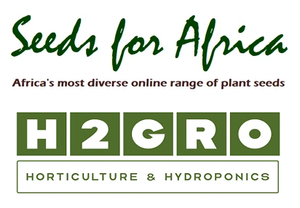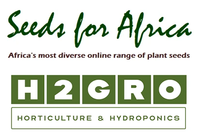Annona senegalensis - Wild custard apple / Soursop - Indigenous Edible Fruit - 5 Seeds
Regular price R33.00 Save Liquid error (snippets/product-template line 133): Computation results in '-Infinity'%
|
Annona senegalensis, commonly known as African custard-apple, wild custard apple, wild soursop, sunkungo (Mandinka language), and dorgot (Wolof language) is a species of flowering plant in the custard apple family, Annonaceae. The specific epithet, senegalensis, translates to mean "of Senegal", the country where the type specimen was collected. A traditional food plant in Africa, the fruits of A. senegalensis have the potential to improve nutrition, boost food security, foster rural development and support sustainable land care. Well known where it grows naturally, it is largely unheard of elsewhere. Annona senegalensis takes the form of either a shrub or small tree, growing between two and six meters tall. Occasionally, it may become as tall as 11 m. Fruits are formed of numerous fused, fleshy, bumpy, ovaform or globular carpels about 2.5–5 by 2.5–4 centimetres. They are green when young, ripening to yellow, and eventually to orange, packed with many burnt-orange-coloured, oblong, cylindrical seeds. The fruit stalk is 1.5–5 centimetres long. It is native to tropical east and northeast, west and west-central, and southern Africa, as well as southern subtropical Africa, and islands in the western Indian Ocean. Specific to the nation of South Africa, it is found in KwaZulu-Natal, Limpopo, and Mpumalanga. The primary use of this versatile plant is for food, but it has applications in numerous aspects of human endeavour, and every part of the plant has unique properties and uses. The flowers, leaves and fruit are edible and culinary: white fruit pulp has a mild, pineapple-like flavour. Flowers are added to spice or garnish meals; leaves are eaten by humans as vegetables, or grazed by livestock. |










